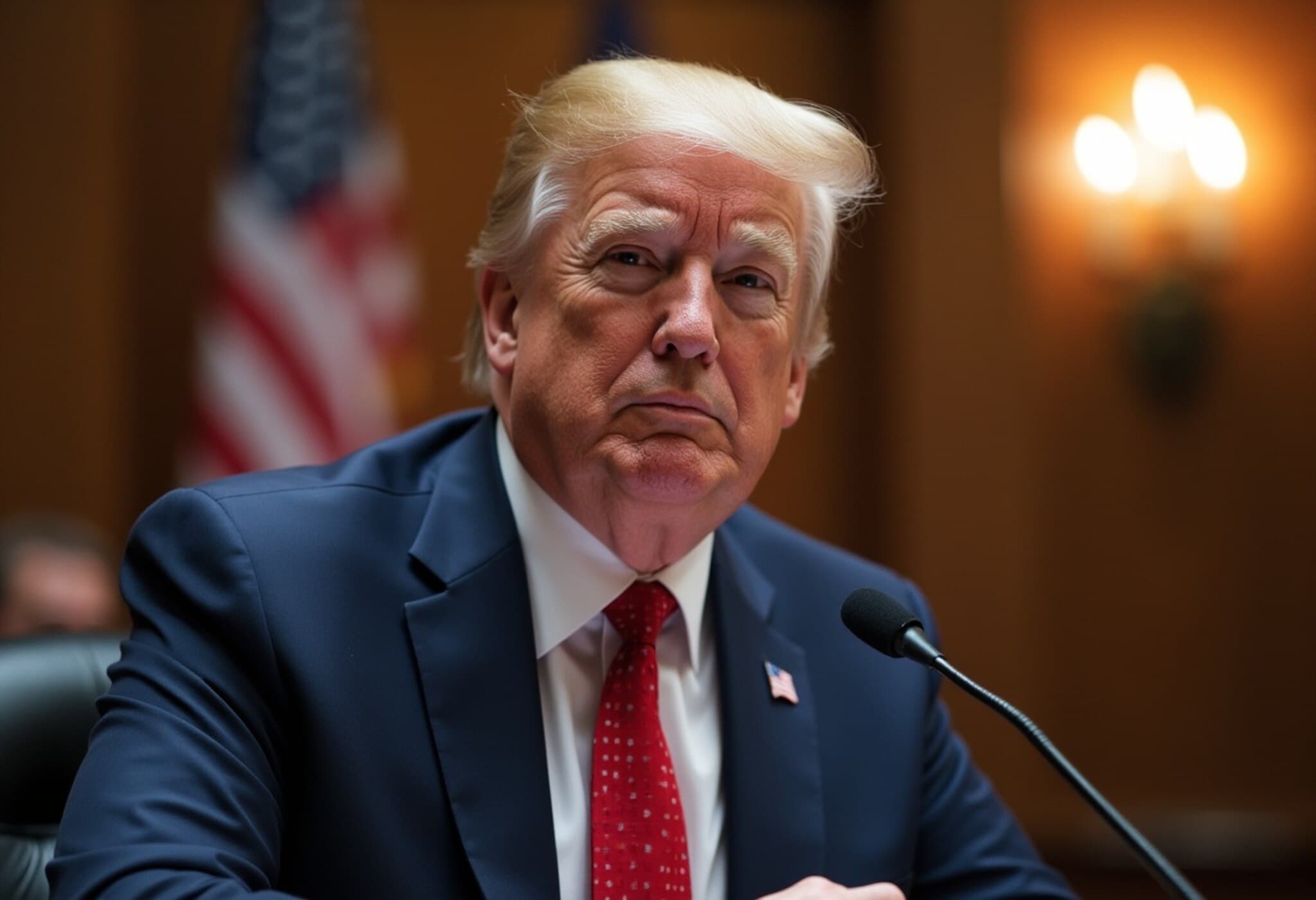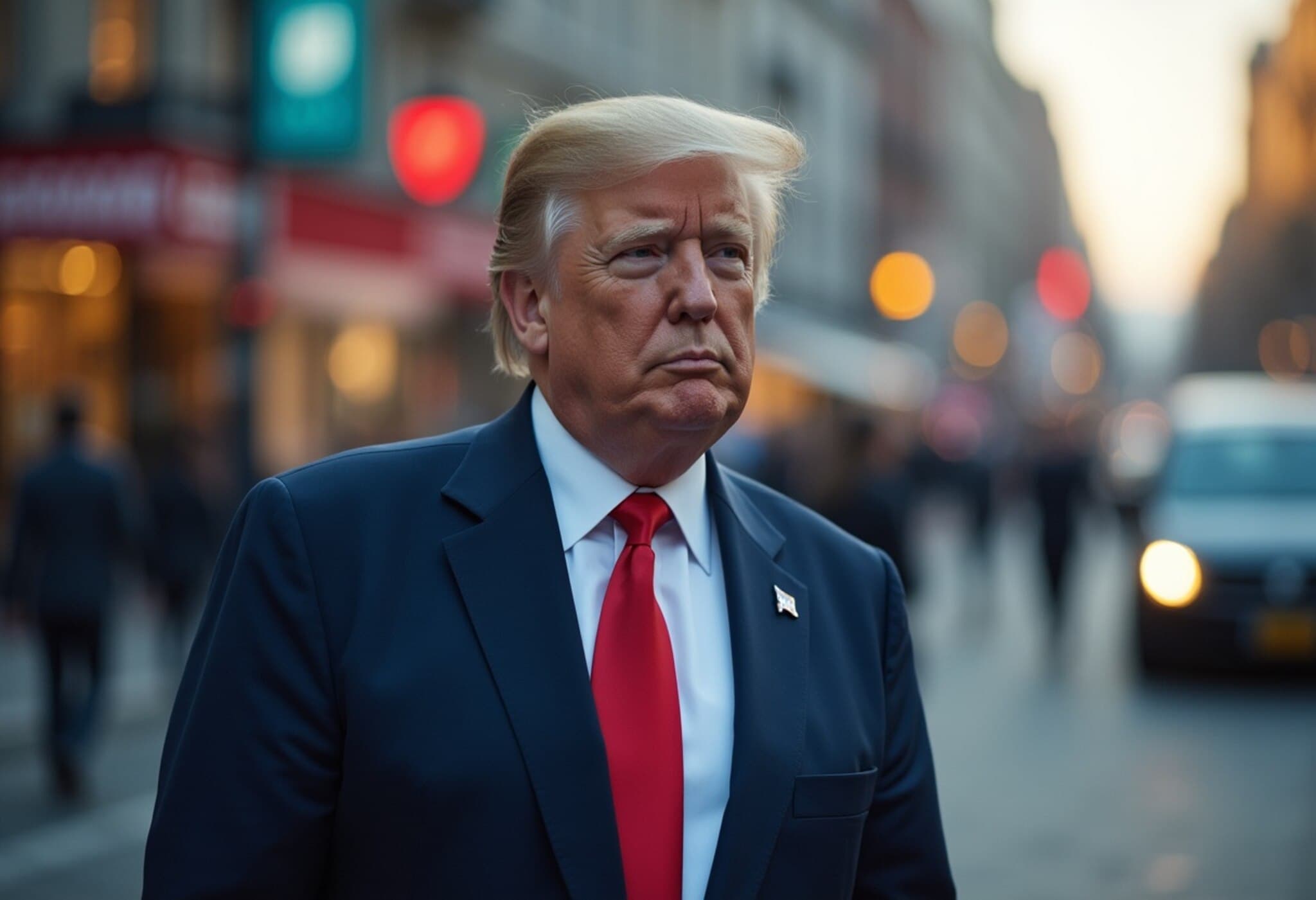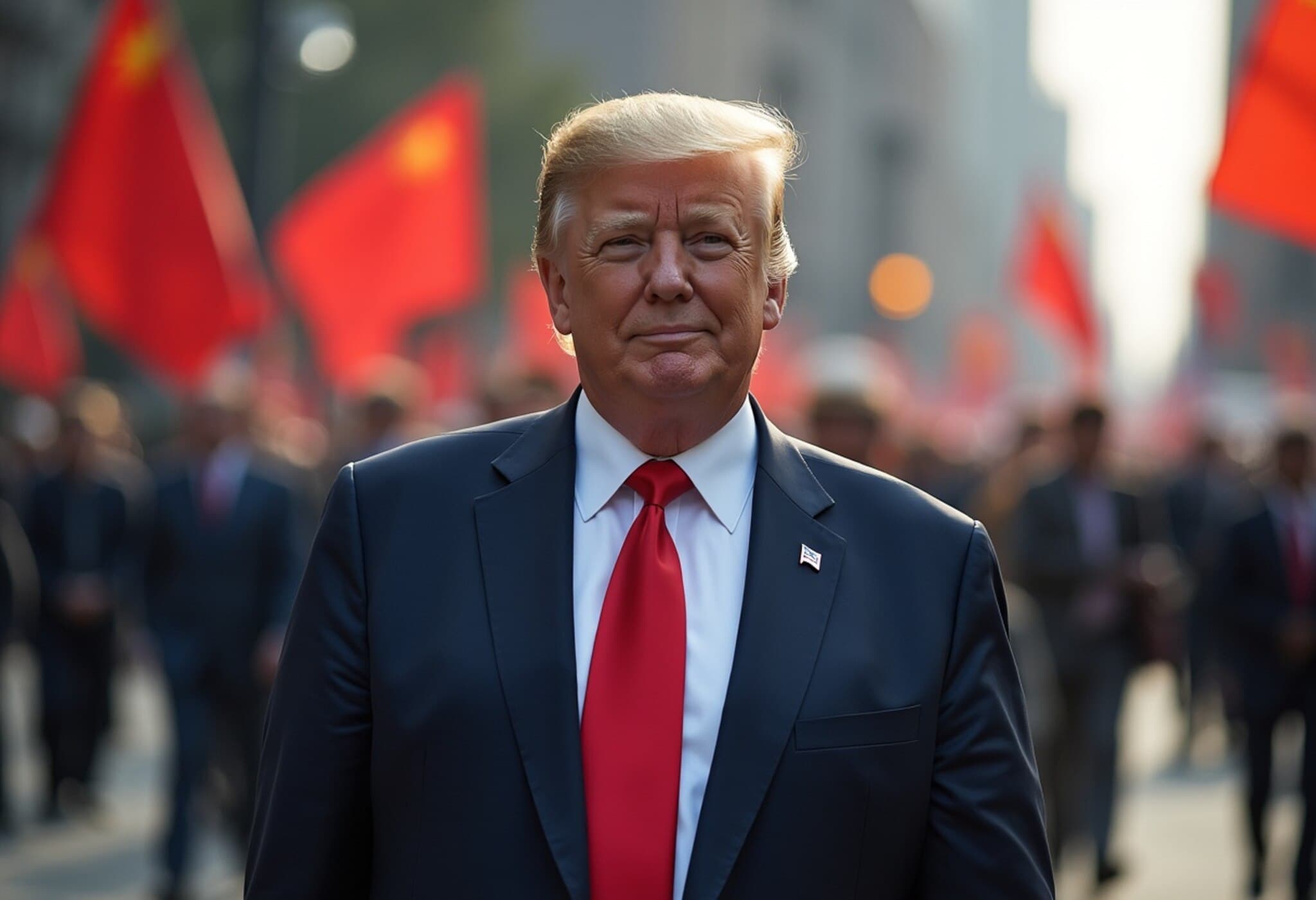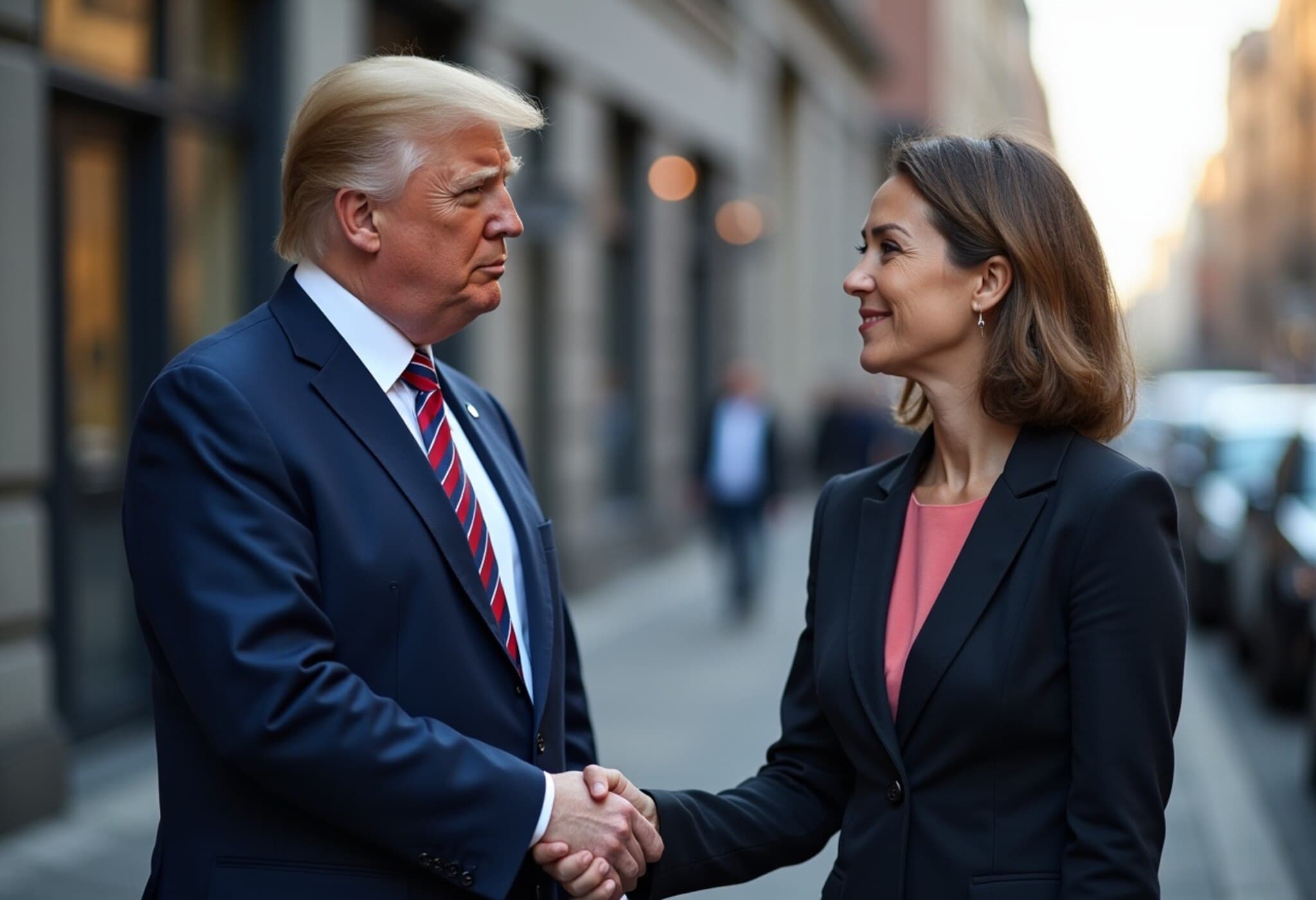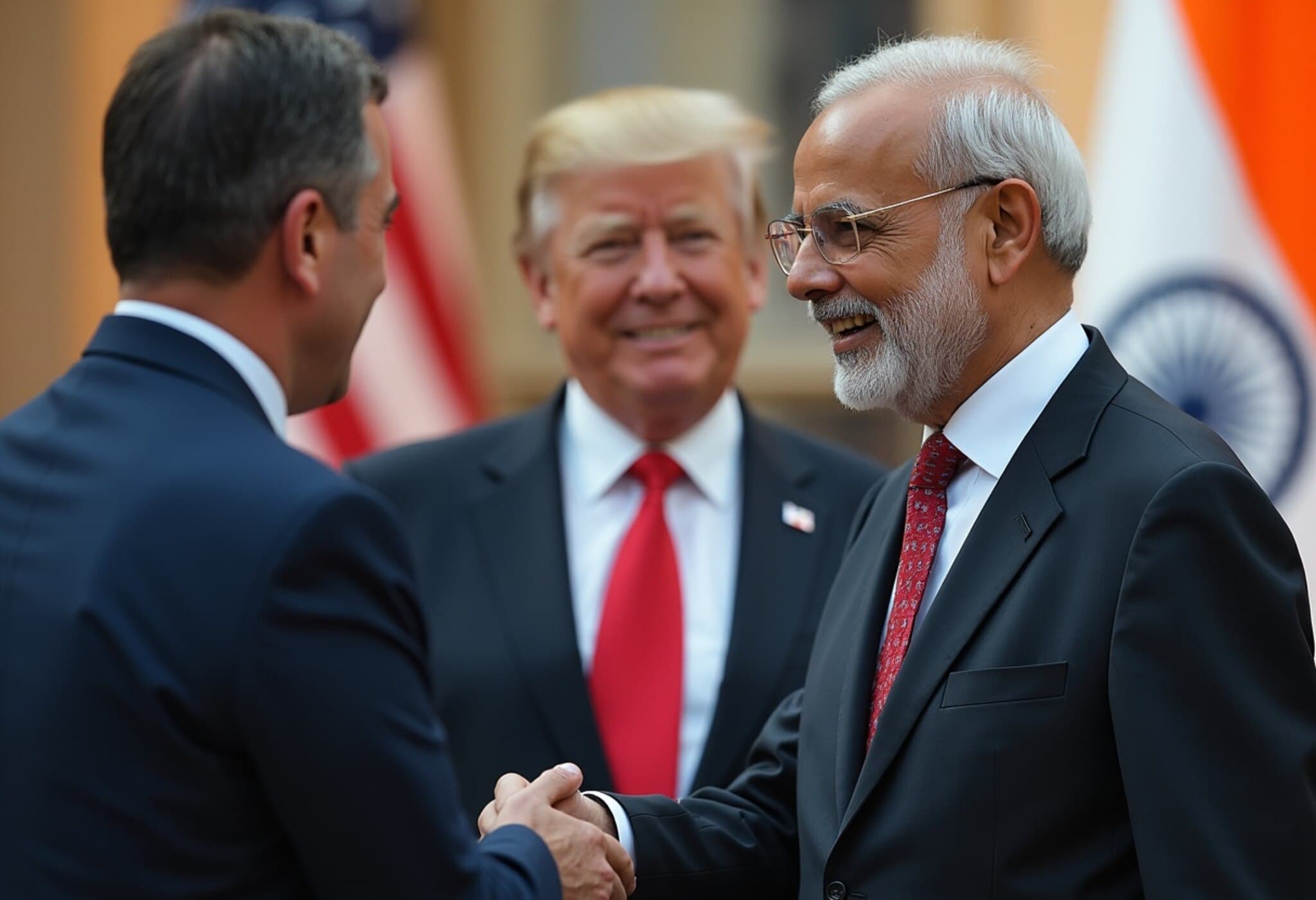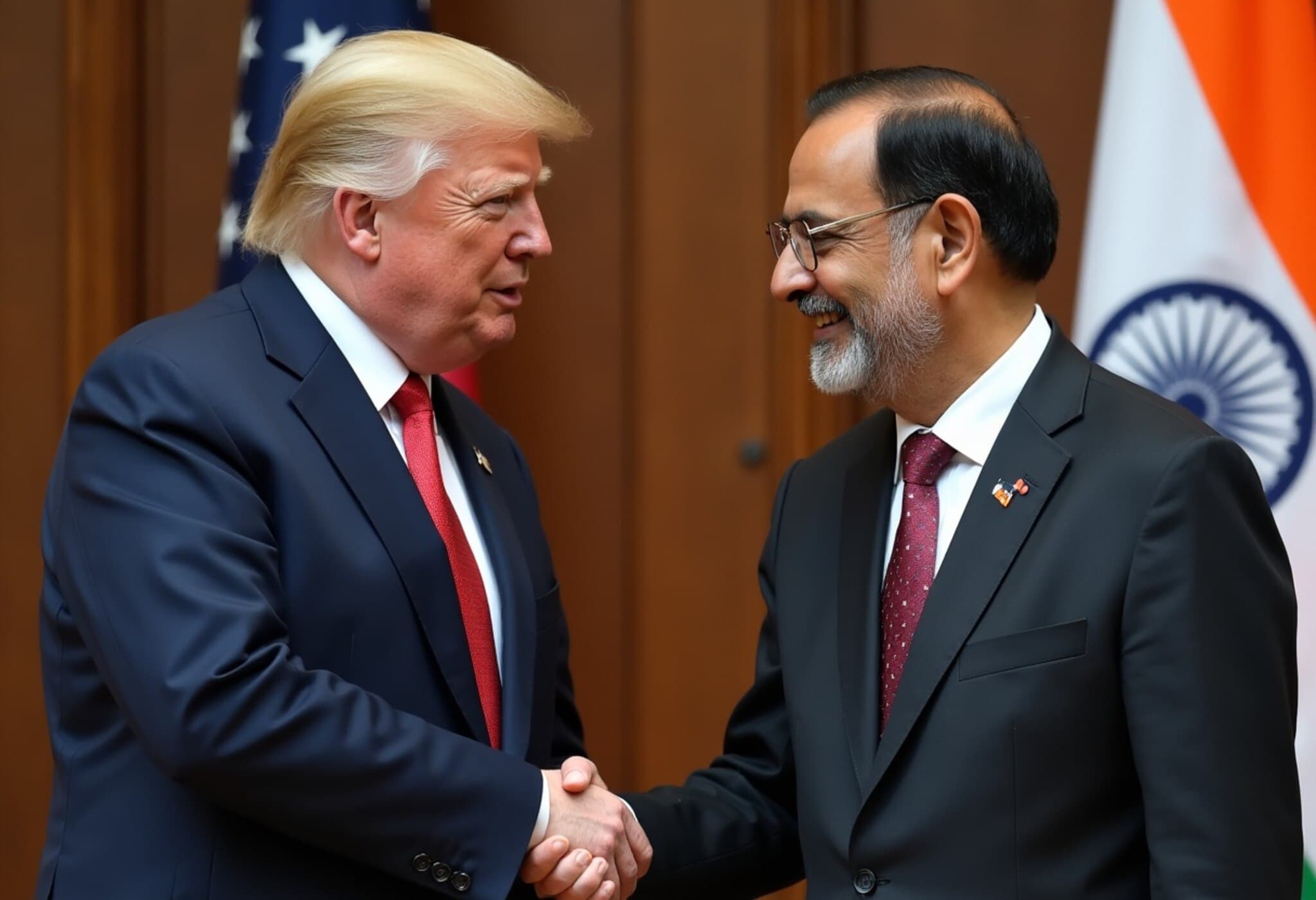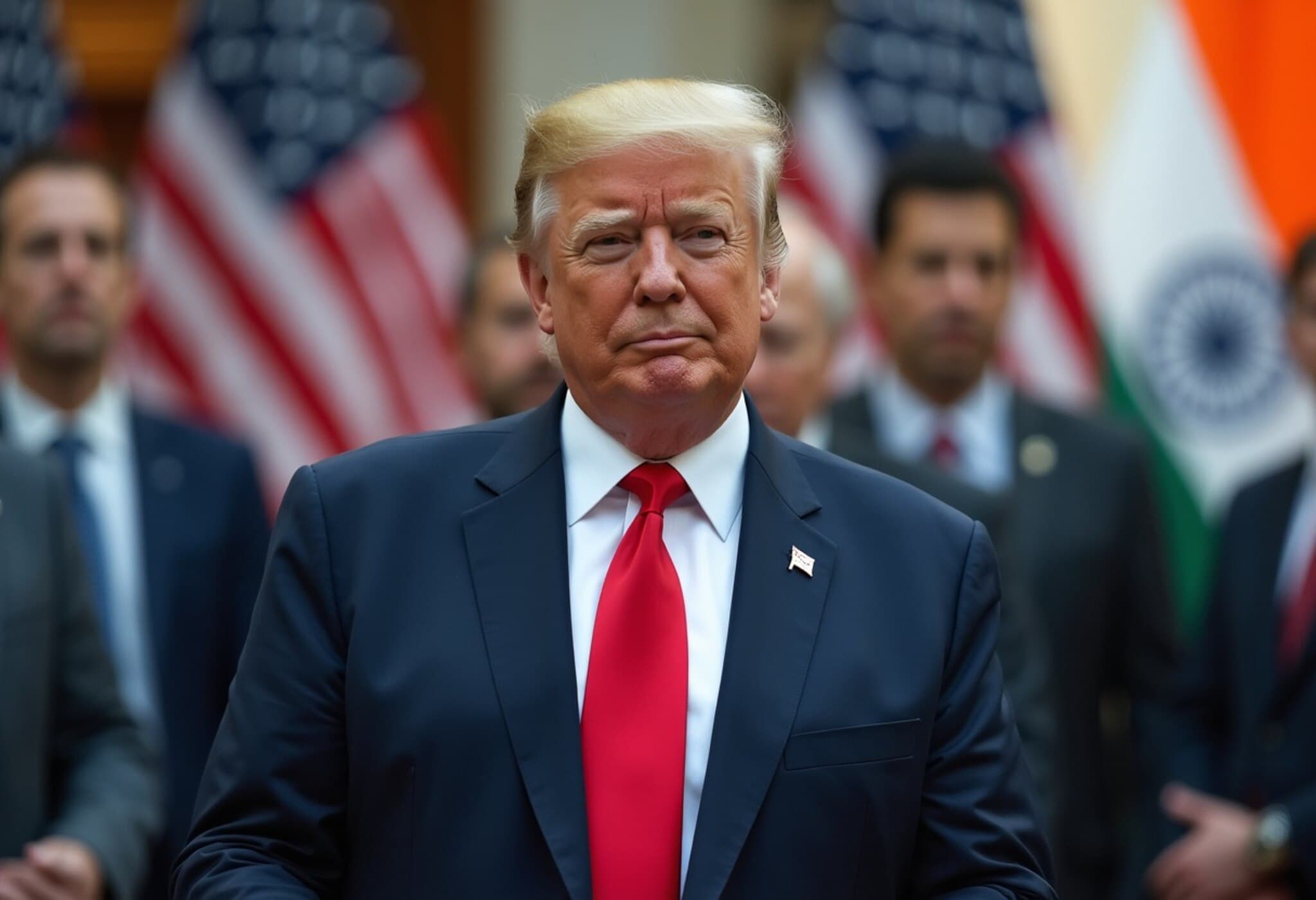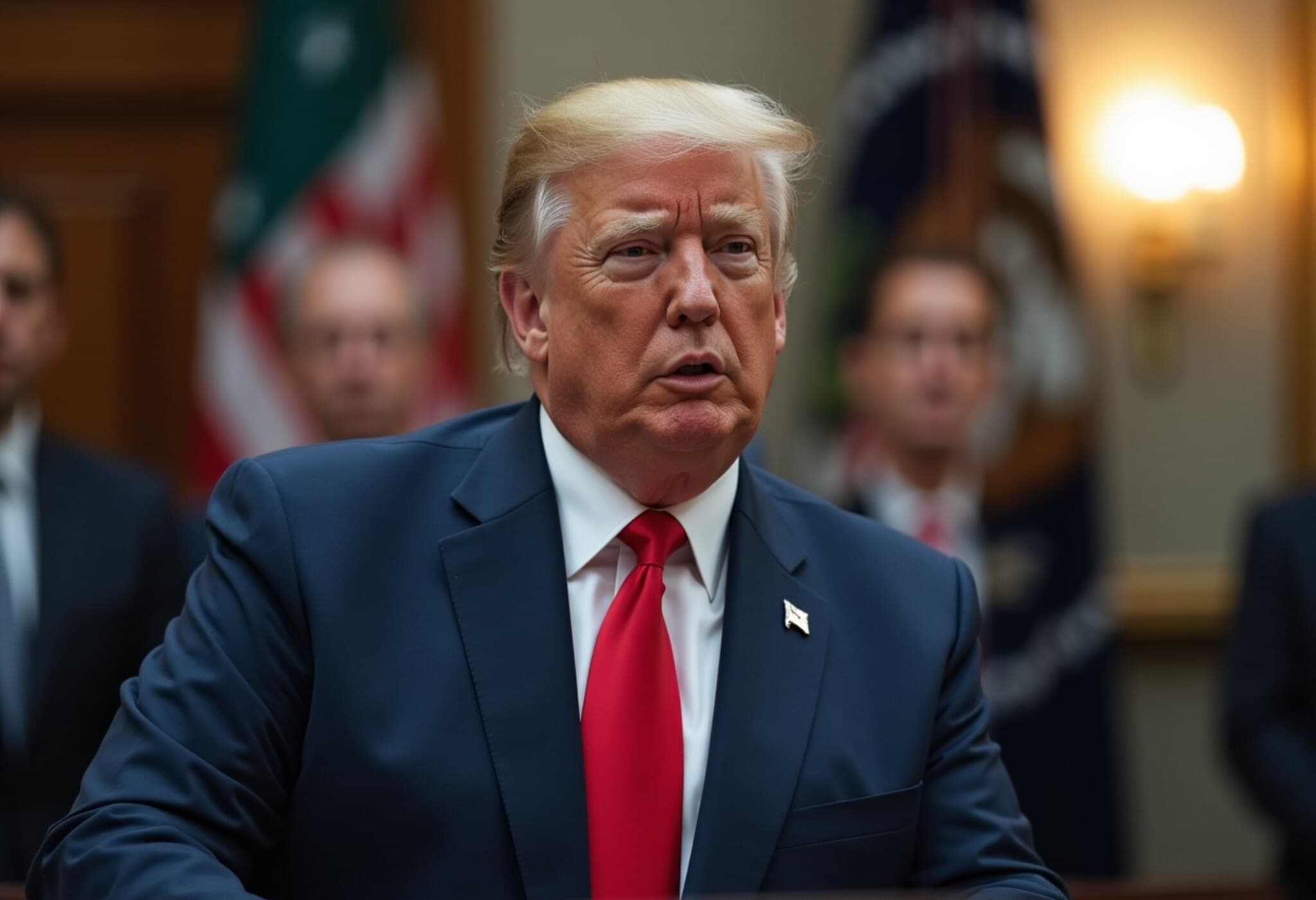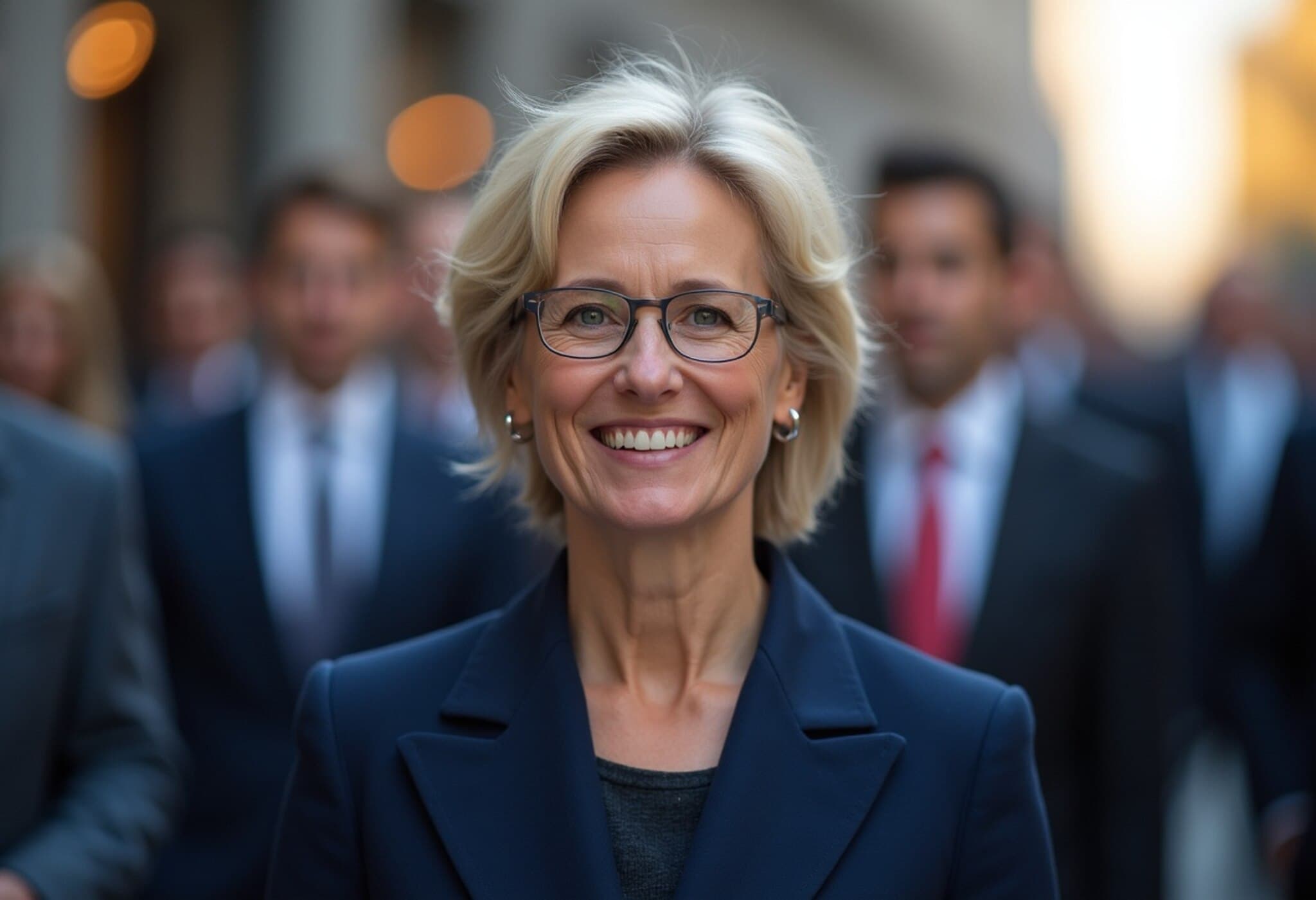US Treasury Secretary Optimistic About Nearing a Trade Agreement with China
In a recent interview on CNBC's “Squawk Box,” Treasury Secretary Scott Bessent conveyed cautious optimism regarding ongoing negotiations between the United States and China. As a key tariff deadline looms on August 12, Bessent remarked, “I believe that we have the makings of a deal.”
Ongoing Negotiations Amid Complex Trade Tensions
The trade discussions, characterized by Bessent as “tough”, unfolded over two days in Stockholm. Despite significant progress, several technical matters remain unresolved on China’s side. Bessent expressed confidence that these details would be ironed out soon but emphasized that the deal is not yet finalized.
True to the nature of international trade talks, Bessent highlighted the firmness on both sides, stating, “The Chinese are tough negotiators. We're tough, too.” However, he refrained from disclosing specifics about the prospective agreement.
Tariff Truce and the Stakes Ahead
Since the U.S. and China imposed steep tariffs on hundreds of billions worth of each other’s goods — with rates previously as high as 145% by the U.S. and 125% by China — both countries have moderated those levels to 30% and 10% respectively in a truce. This temporary easing creates a window for a potential trade pact, which could de-escalate one of the most consequential economic conflicts in recent memory.
Political and Strategic Implications
Although Secretary Bessent has not yet briefed President Donald Trump on the latest state of talks, it is understood that any agreement will require the president's explicit approval. Trump has publicly asserted he will personally sign off on any final deal, underscoring the high stakes involved.
Beyond trade tariffs, tensions linger around China's alleged purchases of Iranian oil and alleged transfers of technology to Russia potentially used in military contexts. These geopolitical concerns add layers of complexity to the negotiation landscape.
Expert Insights: What This Means for the Economy and Global Relations
If the U.S. and China finalize a deal, it could stabilize global markets by reducing uncertainty and potentially lowering consumer costs. However, experts caution that the looming technical hurdles and strategic mistrust should not be underestimated. Successful talks will require not only economic concessions but also addressing the broader geopolitical frictions that have fueled the tariffs in the first place.
- For American businesses: Relief from high tariffs on Chinese imports could mean lower production costs and reinvigorated supply chains.
- For the technology sector: Continued scrutiny on technology transfer and intellectual property rights remains a critical issue.
- For policymakers: Balancing trade pragmatism with national security concerns will be essential going forward.
Looking Ahead: The Road to Aug. 12
As the August 12 deadline approaches, all eyes remain on the negotiating table. Will the two economic giants reach an agreement that safeguards economic interests while easing geopolitical tensions? Or will unresolved challenges lead to further escalation? The outcome will not only impact bilateral trade but could also reshape global economic alignments in the years ahead.
Editor’s Note
This developing story exemplifies the delicate balance between diplomacy, economic interests, and geopolitical strategy. While optimistic rhetoric from Treasury Secretary Bessent hints at progress, the absence of concrete details reminds us that international trade negotiations are intricate and multifaceted. Watch closely how this potential deal unfolds, as it offers critical lessons on how global powers navigate intertwined economic and security challenges.

